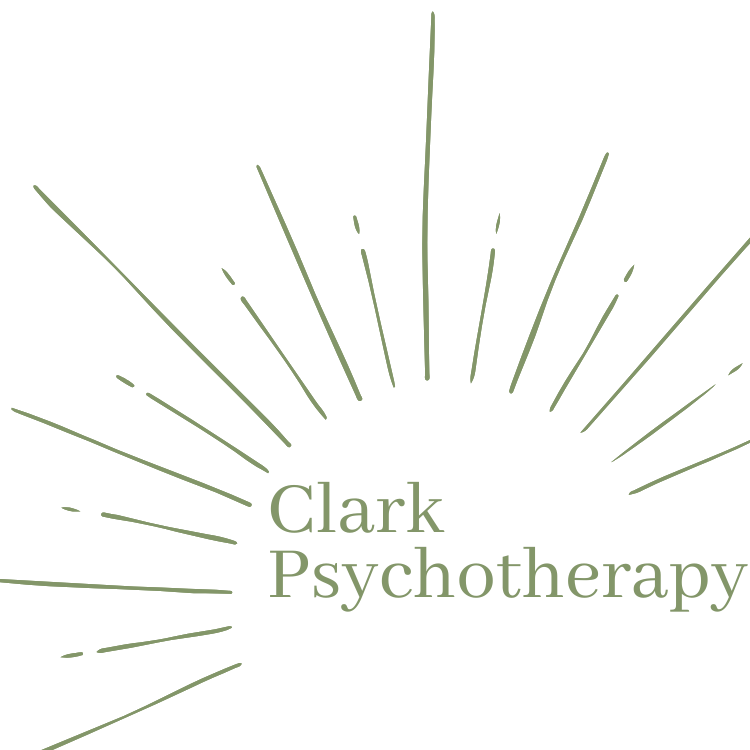What is intuitive eating counseling like?
Many folks are intrigued by the idea of working with an intuitive eating counselor, but aren’t sure what to expect. This uncertainty is compounded by the fact that each of us certified intuitive eating counselors work differently, especially as numerous different types of professions can become certified in intuitive eating. I can’t speak for what happens inside the offices of my fellow care providers, but I can demystify what my work with clients often looks like.
First and foremost, I am a clinical social worker who provides psychotherapy services, so much of my intuitive eating work with clients is focused on the behavioral and emotional components of their relationships with food and their bodies. I’m not a nutritionist, so I don’t speak super specifically about food choices and I’m not a doctor, so I’m not qualified to advise on navigating intuitive eating with other healthcare diagnoses. What I can do is talk about the feelings and behaviors that come up for folks as they move through their days and meals in their bodies.
When I first meet with clients, I like to get a sense of their history with food and their bodies, as well as the history of their emotional wellbeing. We talk about lifetime patterns, where things went off the rails, internalized beliefs about food and their bodies, etcetera. From there, oftentimes the conversation shifts to a client’s current relationship with food and their body, the intersections between their emotional wellbeing, interpersonal health, and food, and what their counseling goals are.
At this point, I often find that my work with clients starts to happen on two levels.
On one level, we start disrupting funky food behaviors and practicing body respect. We dig into barriers to engaging in intuitive eating - where does food stuff get disordered for you? What is happening logistically in these moments? What about emotionally? What happens if we try something different? What happens if we look at the situation with a different perspective?
The other level is supporting clients with everything else that is going on in their lives because, surprise! People with eating disorders also have jobs, friends, partners, families, trauma history, pandemic fatigue, etcetera, etcetera, and all these components that make up a life are still happening as someone recovers from disordered eating. Oftentimes, talking about these seemingly unrelated things brings us back to food stuff. We start to notice parallels: “Huh, how you handled that interpersonal conflict sounds really similar to how you navigate XYZ food decisions.” Over time, we really dig at the subconscious and unconscious emotions, beliefs, and behaviors that make up a client’s life. Once excavated, clients are empowered to intentionally decide what they want to keep and what they are ready to discard.
I almost always take a client-centered approach to appointment frequency and length of treatment. Intuitive eating is about identifying and trusting your inner wisdom. So, even seemingly simple things like appointment logistics are great opportunities to practice tapping into that knowledge and then communicating it outwards.
The journey of recovering from diet-culture is always unique. The arc of what work looks like with an intuitive eating counselor can vary significantly from person to person. I like to consider my approach like a tree: my general description of what intuitive eating counseling is like is the trunk and there are infinite ways I end up branching off of that trunk with my clients depending on the uniqueness of their identities. As a clinician, this component of variability is what I love the most - each time I meet a new client, I have no idea what type of tree we are going to nurture together but I’m always excited to find out.
Ready to try out intuitive eating counseling? Head over to my contact page to schedule a free 15-minute consult call!
